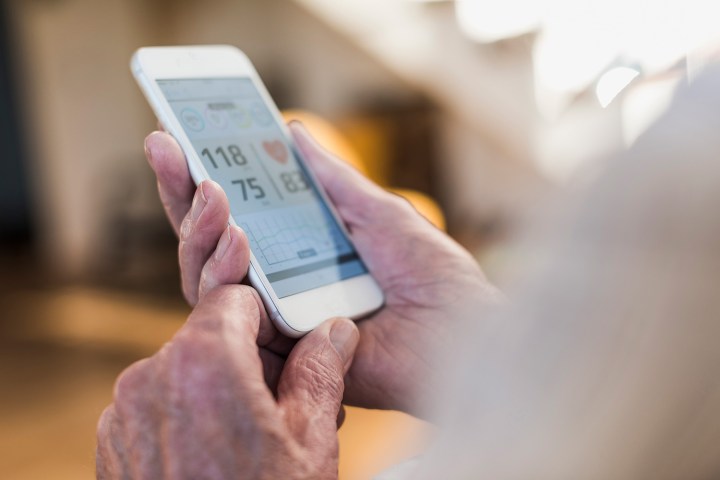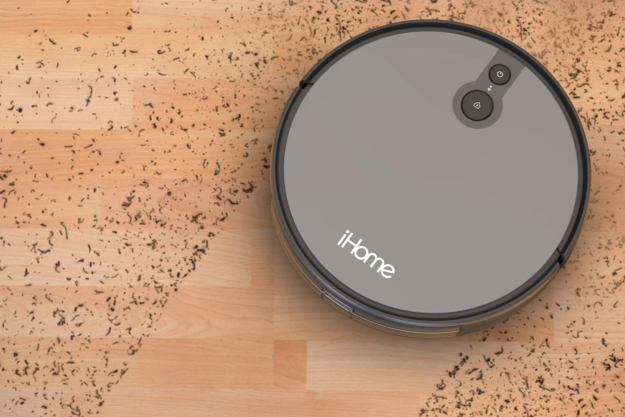
Voice assistants like Amazon Alexa and Google Assistant are already proving to be invaluable to seniors by helping them do simple tasks without having to get up, such as turning on lights or setting reminders to take their medicine.
Smart devices can also play a significant role in helping seniors remain in their homes longer.
As the Baby Boomer generation continues to age, the demand for this technology will likely only increase. In the last US Census, about 16 percent of the population was 65 or older. The US Department of Health and Human Services projects that the number will rise to almost 22 percent by 2040.
Researchers at Washington State University’s Center for Advanced Studies in Adaptive Systems (CASAS) have been developing a system of sensors and machine learning devices that could provide invaluable information about how a senior moving around their homes.
Led by electrical engineering and computer science professor Diane Cook, the CASAS team uses the sensors to collect data on a person’s everyday activities, such as getting out of bed or turning on an appliance. Then, using machine learning, they develop an algorithm to predict when they’re likely to perform those activities. A behavior that significantly deviates from their established patterns could eventually alert family members and care providers to a catastrophic event, like a fall, but it could also indicate changes to physical or cognitive health.
Cook and her team spent many years building up a baseline of data that correlates to health and activity. Later they introduced the system to more complex situations and environments, such as multi-person homes. Now, they are successfully training the system to detect changes to physical or mental health, which are then evaluated by a nurse.
“We look for irregularities in the data that are clinically relevant. For example, if a patient got up in the middle of the night and then laid on the floor for several minutes, most likely the patient took a fall,” Cook told Digital Trends. “Our nursing team will look at the data and follow-up with the patient to understand any irregular activity and provide solutions.”
While some seniors may be interested in having others track their actions, others may view the system as a threat to their independence, fearing that the data would show them incapable of taking care of themselves. But Cook said that the opposite is true ‑- the information can in fact help a clinician implement proactive measures that help a senior maintain their independence longer.
“By the time millennials are seniors, there might be a whole new technology to learn.”
“Seniors who have a taken fall will often not call for help, even if they are wearing a pushable emergency alert, and that’s because they don’t want to bother people or lose their independence,” she said. “But if they don’t receive adequate and timely care, what happens is that they lose their independence even sooner.”
Cook added that a simple diagnosis in a clinic or hospital is not usually enough to assess a senior’s ability to live independently. Seniors living in their own home are surrounded by familiar, visual triggers for certain activities, so it’s a different environment to measure their abilities.
CASAS is currently working on plans to commercialize their system. Once up and running, the “Smart Home in a Box” will be an easy-to-install system of roughly 30 sensors can monitor and learn residents’ normal daily activities at home. Cook hopes that the system, along with other smart home devices on the market, helps us learn more about how we can help senior citizens remain autonomous over their living situation.
There could be privacy concerns with such technology, as well as cost: even though no price is available for the Smart Home in a Box yet, widespread adoption may be limited unless insurance companies support it. Adoption may be another concern, as some senior citizens tend to be technology-shy. Still, Cook and her team see so much potential in collecting the data.
“Our younger generations already use so many different wearable devices. And studies show that if a person is introduced to a particular technology before it’s needed for a health intervention, they are much more likely to use it,” Cook told Digital Trends. “But of course, by the time millennials are seniors, there might be a whole new technology to learn.”



